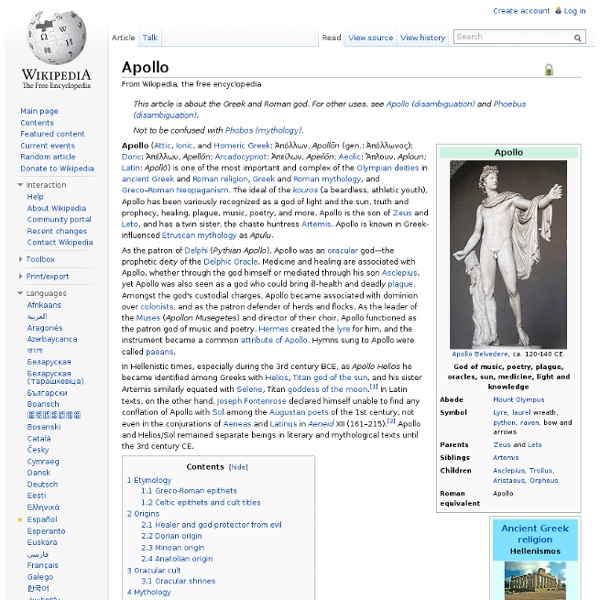Homer, The Iliad, Scroll 13
Scroll 13 Now when Zeus had thus brought Hektor and the Trojans to the ships, he left them to their never-ending toil [ponos], and turned his keen eyes away, looking elsewhere towards the horse-breeders of Thrace, the Mysians, fighters at close quarters, the noble Hippemolgoi, who live on milk, and the Abians, the most just [dikaioi] of humankind. He no longer turned so much as a glance towards Troy, for he did not think that any of the immortals would go and help either Trojans or Danaans. But King Poseidon had kept no blind look-out; he had been looking admiringly on the battle from his seat on the topmost crests of wooded Samothrace, whence he could see all Ida, with the city of Priam and the ships of the Achaeans. He had come from under the sea and taken his place here, for he pitied the Achaeans who were being overcome by the Trojans; and he was furiously angry with Zeus. he clothed himself in raiment of gold, grasped his gold whip, and took his stand upon his chariot.
Shirt of Nessus
In Greek mythology, the Shirt of Nessus, Tunic of Nessus, Nessus-robe, or Nessus' shirt was the poisoned shirt that killed Heracles. It was once a popular reference in literature. In folkloristics, it is considered an instance of the "poison dress" motif.[1] Mythology[edit] Metaphorically, it represents "a source of misfortune from which there is no escape; a fatal present; anything that wounds the susceptibilities"[3] or a "destructive or expiatory force or influence".[4]
Proserpina
Ancient Roman goddess Cult and myths[edit] Origin as Libera[edit] Libera was officially identified with Proserpina in 205 BC, when she acquired a Romanised form of the Greek mystery rites and their attendant mythology. In the late Republican era, Cicero described Liber and Libera as Ceres' children.
Themis
ancient Greek Titaness To the ancient Greeks she was originally the organizer of the "communal affairs of humans, particularly assemblies".[1] Moses Finley remarked of themis, as the word was used by Homer in the 8th century BCE, to evoke the social order of the 10th- and 9th-century Greek Dark Ages: Themis is untranslatable. A gift of the gods and a mark of civilized existence, sometimes it means right custom, proper procedure, social order, and sometimes merely the will of the gods (as revealed by an omen, for example) with little of the idea of right.[2] Mythology[edit]
Jason
We ask you, humbly: don't scroll away. Hi, reader in Canada, it seems you use Wikipedia a lot; that's great! This is the 6th appeal we've shown you. It's awkward, but this Thursday we need your help.
Homer, The Iliad, Scroll 14
Scroll 14 Nestor was sitting over his wine, but the cry of battle did not escape him, and he said to the son of Asklepios, "What, noble Machaon, is the meaning of all this? The shouts of men fighting by our ships grow stronger and stronger; stay here, therefore, and sit over your wine, while fair Hekamede heats you a bath and washes the clotted blood from off you.
Deianira
Ancient Greek mythical character Deianira, Deïanira, or Deianeira[1] (/ˌdeɪ.əˈnaɪrə/;[2] Ancient Greek: Δηϊάνειρα, Dēiáneira, or Δῃάνειρα, Dēáneira, [dɛːiáneːra]), also known as Dejanira,[3] was a figure in Greek mythology whose name translated as "man-destroyer"[4] or "destroyer of her husband".[5][6] She was the wife of Heracles and, in late Classical accounts, his unwitting murderer, killing him with the poisoned Shirt of Nessus. She is the main character in Sophocles' play Women of Trachis. Mythology[edit] Family and marriage[edit] In Sophocles' account of Deianira's marriage, she was courted by the river god Achelous but saved from having to marry him by Heracles, who defeated Achelous in a wrestling contest for her hand in marriage.[8] In another version of her tale, Deianira is instead the daughter of Dexamenus, king of Olenus.
Pygmalion
Pygmalion or Pigmalion may refer to: Mythology[edit] Stage[edit] Film[edit]
Aegeus
Theseus Recognized by his Father by Hippolyte Flandrin (1832) In Greek mythology, Aegeus (; Ancient Greek: Αἰγεύς, romanized: Aigeús) was an archaic figure in the founding myth of Athens. The "goat-man" who gave his name to the Aegean Sea was, next to Poseidon, the father of Theseus, the founder of Athenian institutions and one of the kings of Athens.



